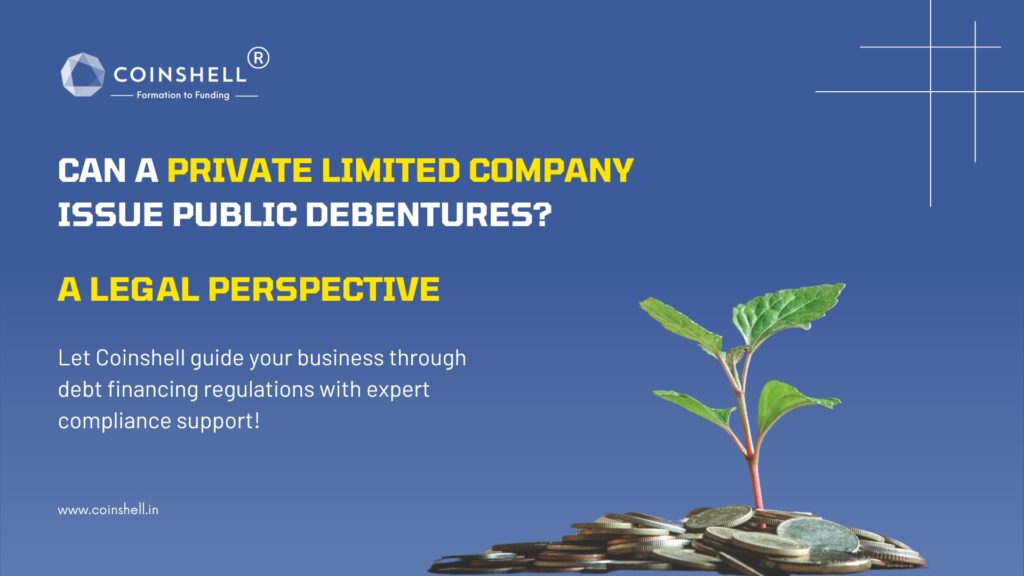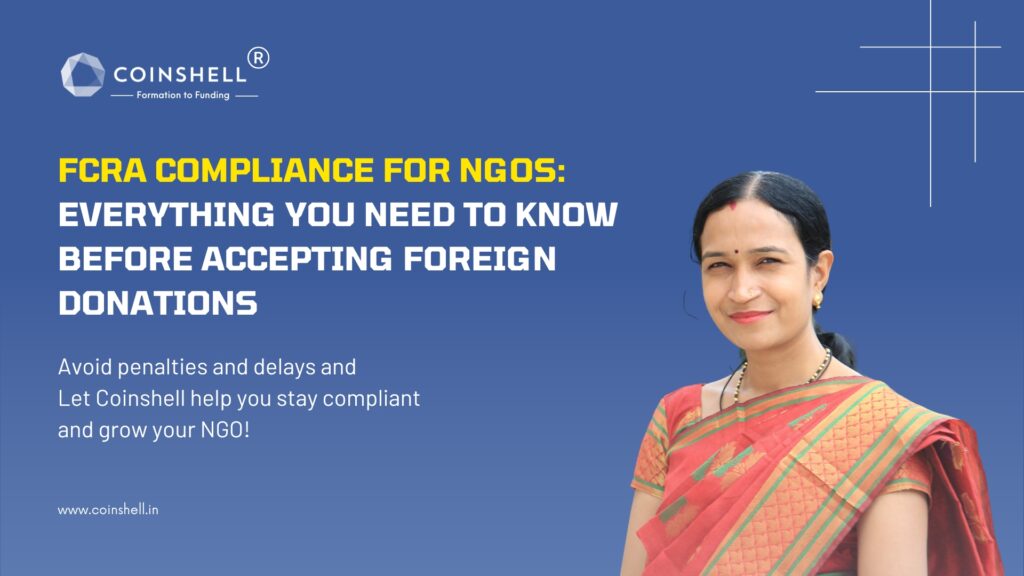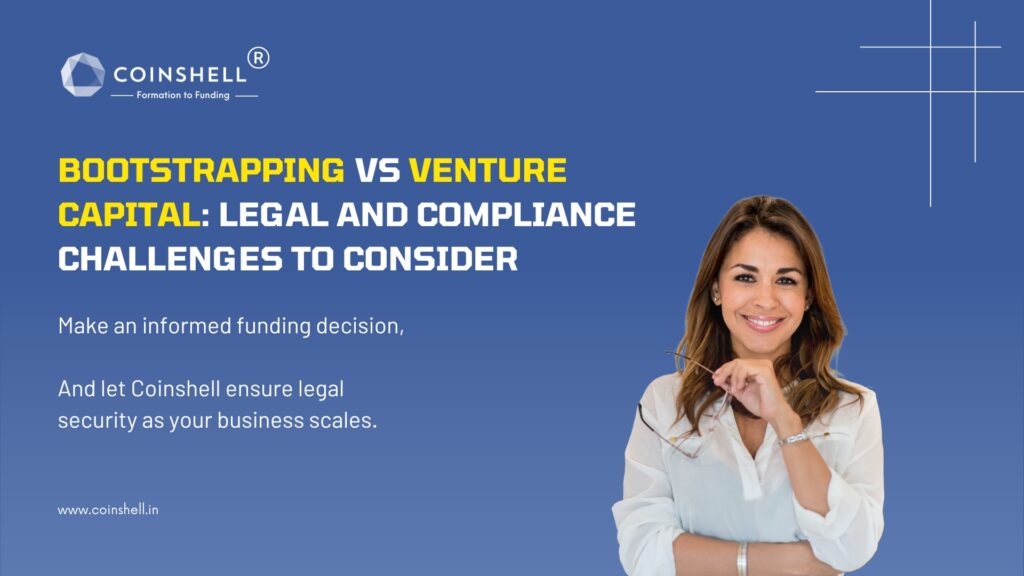ROC Scrutiny: Why It’s Increasing and How to Avoid Penalties
Missed your ROC filings again? The government might just be watching. Startups are known for their hustle, speed, and flexibility but that same energy often leads to missed compliance deadlines. And in 2024, the Registrar of Companies (ROC) is no longer looking the other way. With stricter digital audits, AI-based triggers, and regulatory pressure, ROC […]
ROC Scrutiny: Why It’s Increasing and How to Avoid Penalties Read More »









